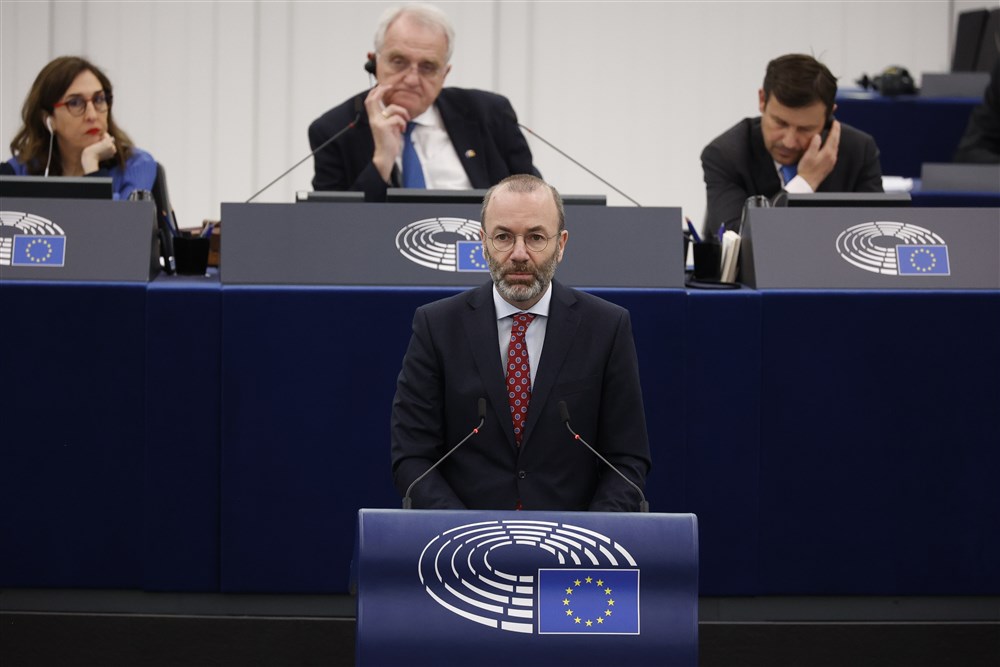The European Parliament on April 18 approved sweeping reforms to the European Union’s carbon market in hope of bringing down emissions, though Dutch industrialists said the laws would damage exports.
The reforms, including an expanded emissions trading scheme, will effectively slap a European tax on road transport, construction and commercial aviation. EU citizens are expected to feel the legislation at the petrol pump and on their energy bills. To help poor families and small businesses, a ‘social climate fund’ was set up by lawmakers which is supposed to support to those in need, though as the law was finalised it remained unclear who exactly those in need are.
Industrialists in the Netherlands fear the legislation, which includes a carbon border tax, will destroy the competitiveness of their exports.
They say they will be unable to pass on their increased costs and will have to compete with foreign actors that don’t have to follow the same laws. There are also fears factories might relocate out of Europe.
The legislative package is designed to ensure companies and citizens start paying for the greenhouse gases they emit. It should in theory encourage them to become more sustainable by, for example, investing in electric transport and better insulation.
The EU executive wants net emissions from the 27 countries to be reduced by 55 per cent from 1990 levels by 2030. Today’s vote, which ends a multi-year lawmaking process, widens the scope of the emissions trading scheme. Originally, the scheme targeted more polluting industries such as steel, cement factories and energy.





